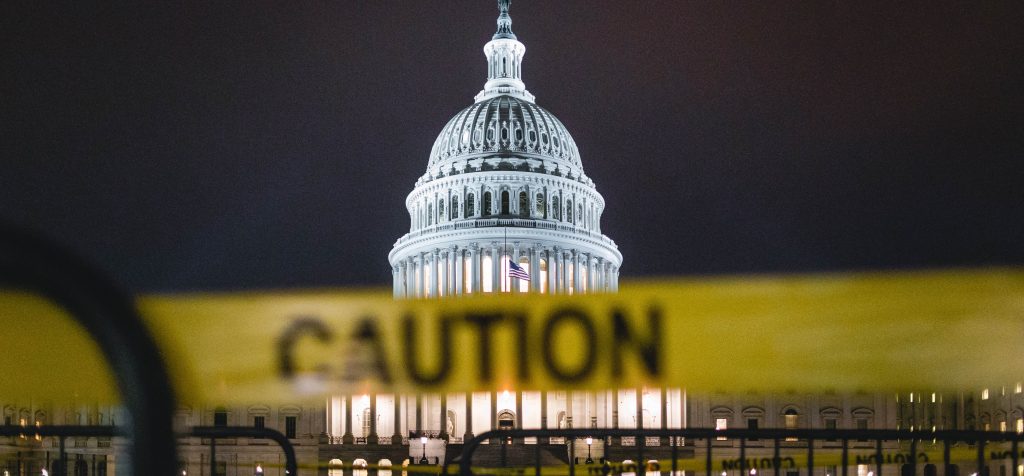The federal government is so large that it’s sometimes hard to see the full impact its workforce has on our everyday lives.
For evidence, look at the ongoing partial government shutdown. As the standoff nears its fourth week, the ripple effect across agencies is causing unexpected outcomes for Americans. In ways big and small, the shutdown is disrupting public services we often take for granted involving alcohol, travel, trees and more.
Shutdowns are nothing new, and the current version began on Dec. 22, 2018 and affects roughly 25 percent of federal employees. Politico reported on Monday, Jan. 14, 2019 that about 800,000 workers are feeling the stalemate’s effects, with approximately 450,000 currently working without pay. The remaining 350,000, meanwhile, are furloughed, or taking a temporary leave of absence without pay due to special circumstances.
This rare situation is creating surprising results nationwide. Air travel, for example, is experiencing unusual stress as the shutdown drags on this winter.
“This morning, TSA experienced a national rate of 7.6 percent unscheduled absences compared to a 3.2 percent rate one year ago, Monday, January 15, 2018,” Transportation Security Administration Spokesman Michael Bilello tweeted Monday. “Most importantly, security standards remain uncompromised at our nation’s airports.”
Multiple airports, meanwhile, are suffering staffing shortages at TSA security checkpoints as the shutdown grinds on. In one instance, The Atlanta Journal-Constitution reported Monday, at least six security lanes were closed at Atlanta’s Hartsfield-Jackson International Airport, the world’s busiest air travel hub. These closures produced longer-than-average lines for travelers, some of whom even missed their flights.
The environment is also feeling the shutdown’s sting. The Washington Post reported on Jan. 11 that multiple national parks are struggling with understaffing during the shutdown. These shortages have left various parks nationwide vulnerable to widespread littering, overflowing public restrooms and even vandalism.
One particularly glaring case is Joshua Tree National Park in Southern California. Earlier in January 2019, the park made waves on social media when officials there revealed people have begun cutting down its namesake Joshua Trees.
The private sector is additionally having shutdown woes. NBC News reported on Jan. 11 that the craft beer industry is among the business categories presently suffering.
Parts of the Bureau of Alcohol, Tobacco, Firearms and Explosives (ATF) are currently furloughed, meaning companies are incapable of securing the necessary approvals from the agency’s tax and trade bureau.
Multiple breweries are now lacking everything from the required labels on their cans to the permits necessary for new facilities.
Even the White House isn’t immune to the shutdown. The Post reported Monday that the shutdown partially inspired the host of fast-food items that were served to Clemson’s football team that night, visiting the White House as part of a tradition that celebrates championship athletic teams.
Images of the dinner have since widely circulated on social media, and some Twitter users are now dubbing the president “McDonald Trump” after the McDonald’s food served at the event.
Press Secretary Sarah Huckabee Sanders on Monday said that Trump personally paid for the unusual catering after much of the White House’s residence staff was furloughed amid the shutdown.
The latest shutdown stems from an ongoing clash between Trump and Democratic leaders in Congress over the president’s proposed wall along the U.S.-Mexico border.
Democrats have refused to fund the controversial barrier, while Trump has insisted he will not sign legislation funding the government until they do so.
Unfortunately, neither side seems open to compromising on the gridlock just yet. Until they do, there’s no predicting what the shutdown will touch next.

